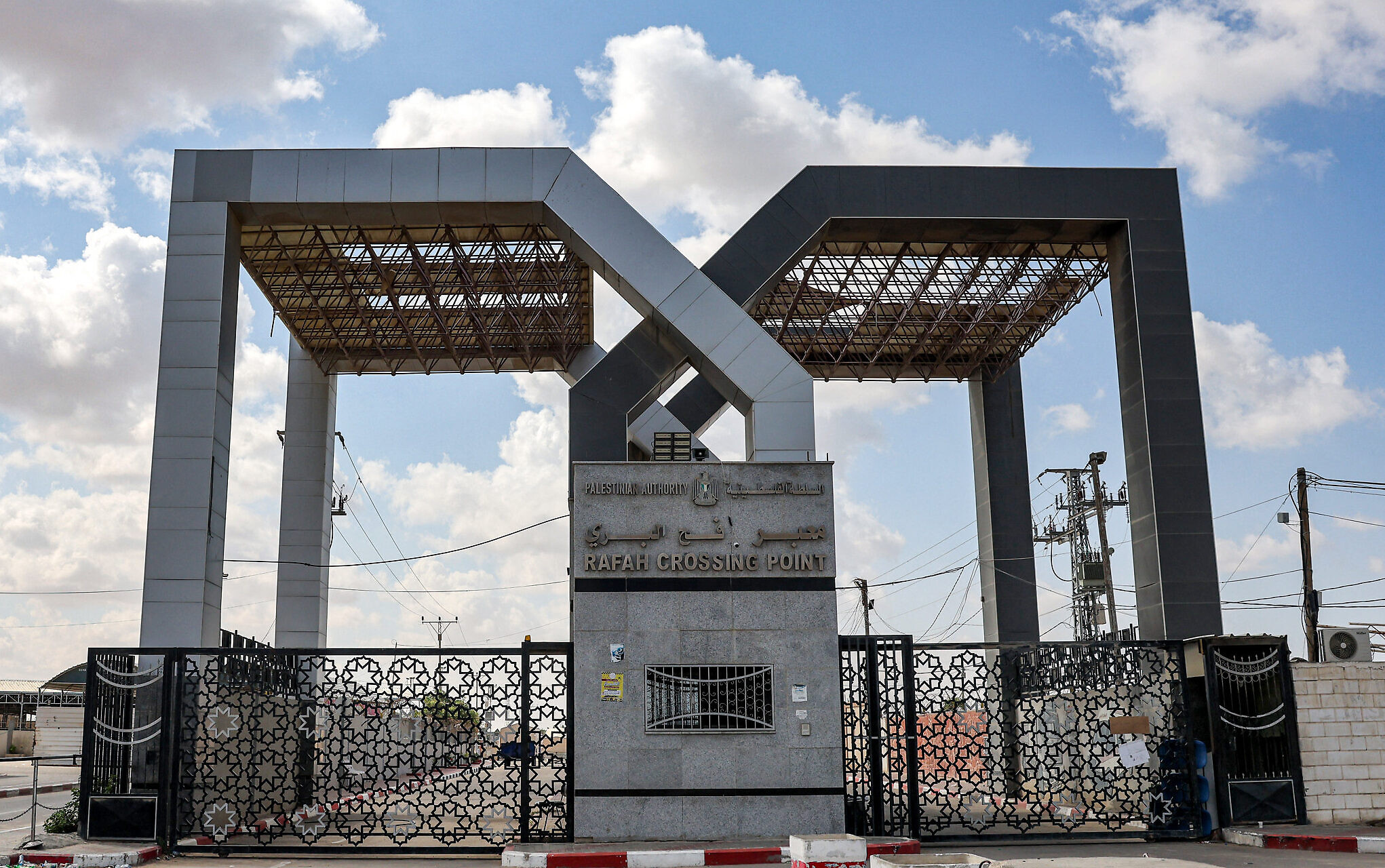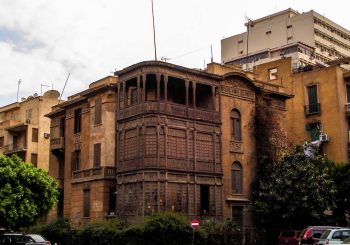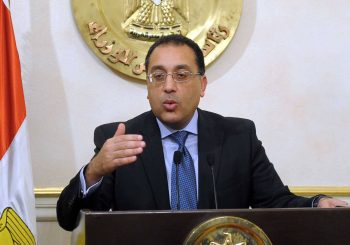Seventeen captives, including 13 Israelis and four Thai nationals, were released by Hamas on 25 November in exchange for 39 Palestinian captives held in Israeli prisons.
The exchange, which took place late on the second day of the four-day truce, was delayed for hours after Hamas accused Israel of violating the hostage swap. Egypt and Qatar, the two meditators, resolved the issue which underscored the fragility of the truce.
The Israeli captives — which included seven children and six women — were handed over to Egypt and then transferred to Israel.
“Representatives from the ICRC just transferred 17 hostages via Egypt, including 13 Israeli and 4 Thai hostages, to ISA and IDF Special Forces, as they make their way to Israeli hospitals, where they will be reunited with their families,” the Israeli military said in a statement on 26 November.
Thirty-nine Palestinian captives, including six women and 33 children, were released from the Israeli military prison Ofer in the occupied West Bank and from the Russian Compound prison in Jerusalem, Palestinian state-run news agency WAFA reported.
On 22 November, Israel’s Justice Ministry published a list of 300 Palestinian women and children held in Israeli prisons, some of whom would be subject to release during the hostage swap. Many were imprisoned under indefinite ‘administrative detention’ with no trial or official charge.
Administrative detention “has no time limit, and the evidence on which it is based is not disclosed,” according to human rights organization B’tselem. Israel does this by “alleging that a person plans to commit a future offense.”
This swap follows the initial release of 13 Israeli and 39 Palestinian captives on 24 November. Ten Thai nationals and one Filipino were also released following Egyptian mediation.
A four-day truce commenced on 24 November. Fighting ceased at 7 am local time (5 am GMT), and Hamas is set to release 50 of the approximately 240 hostages it has been holding, announcing that they had secured the release of about 150 Palestinian captives held by Israel in return.
Ismail Haniyeh, the Hamas leader based in Qatar, stated that he is committed to the truce and the ‘hostage swap’ deal as long as Israel also remains committed.
“The war is not over yet,” cautioned Avichay Adraee, an Israeli military spokesman, who conveyed this message in Arabic to Palestinian civilians in Gaza through social media.
THE CONFLICT SO FAR
After a surprise attack conducted on 7 October by Hamas on a number of southern Israeli towns, which resulted in the deaths of an estimated 1,200 people and more than 220 being taken hostage by Hamas, Israel launched a retaliatory bombing campaign against what it describes as ‘terrorist targets’ in the Gaza Strip.
At least 14,500 Palestinians have been killed in the Gaza Strip — including at least 5,500 children — and over 32,000 others injured. Meanwhile, at least 225 Palestinians have been killed in the West Bank and more than 2,700 injured. The death toll is no longer being regularly updated due to the collapse of the enclave’s health system.
Israel and Hamas reached an agreement on 22 November, announcing a four-day cessation of hostilities to facilitate the release of 50 hostages held in Gaza, 150 Palestinians imprisoned in Israel, and the entry of humanitarian aid. The truce began on 24 November.
During an event in support of Palestine at Cairo International Stadium, President Abdel-Fattah El-Sisi stressed that the forced relocation of Palestinians is a “red line” for Egypt, and will not be accepted.
The priority of the Egyptian government since the beginning of the conflict has been deescalation and the securing of a path for aid to enter the Gaza Strip through the Rafah crossing.






Comment (1)
[…] post Second Hostage Swap Between Hamas and Israel: 39 Palestinians and 13 Israelis Released first appeared on Egyptian […]